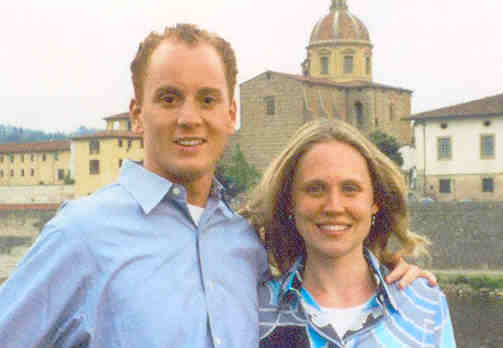
Consequences
There are many positive consequences to SMAGALS. A person undergoing our proposed treatment can live longer and enjoy life, not having to spend his/ her time in a hospital or nursing home since the technology would increase the mobility of a personís limbs. Also, as the symptoms of the patient gradually recess, one could pursue a job or another career. Another result of our treatment is that the patient will not depend on others as much, as therapy and nursing care would be needless. As our pump is implanted in the body and controlled by a computer, the patient would not need their family members or doctors to constantly check up on them; they could be more independent with the pump. Once the initial expense of the pump implant and the continuing drug medication is adjusted for each patient, the costs for the medicine might be covered by medical insurance.
There are also negative consequences. The pump and the drugs are costly, even if the medical insurance companies can help cover some of the cost. Also, the pump can be inconvenient, and may accidentally hinder the patientís movements if placed too close to a nerve. As with all computerized paraphernalia, the controlling computers must be monitored occasionally. As the pump must be refilled with drugs on a regular basis, the patients will still have to make occasional trips to the doctor. Finally, our therapy is not a cure for Amyotrophic Lateral Sclerosis, as we can not find one until the cause is known.

Jack Orchard and Eve Telzlaff
Two alumni from our school, Jack Orchard (1985 graduate) and Chris Hobler (1983 graduate), have ALS and both have started separate foundations to raise money to fund research. The Jack Orchard ALS Foundation and the ALS Hope The Chris Hobler/ James Maritz Foundation are both based in St. Louis, Missouri. We have dedicated this project to Jack Orchard, since he was our inspiration to pursue the topic of ALS.
An article in the local newspaper featured us as a model eighth grade group when we won the regional competition for ExploraVision. It explained our method of treatment for the patients who have ALS, and the community responded to the article. We have received several thank you letters and personal comments of appreciation from people who have, in some way, been affected by ALS. The letters are very touching; people seem to really think that we can change the lives of those who have the fatal syndrome. Apparently, our project provides hope for these people and that is a service to the community in itself.